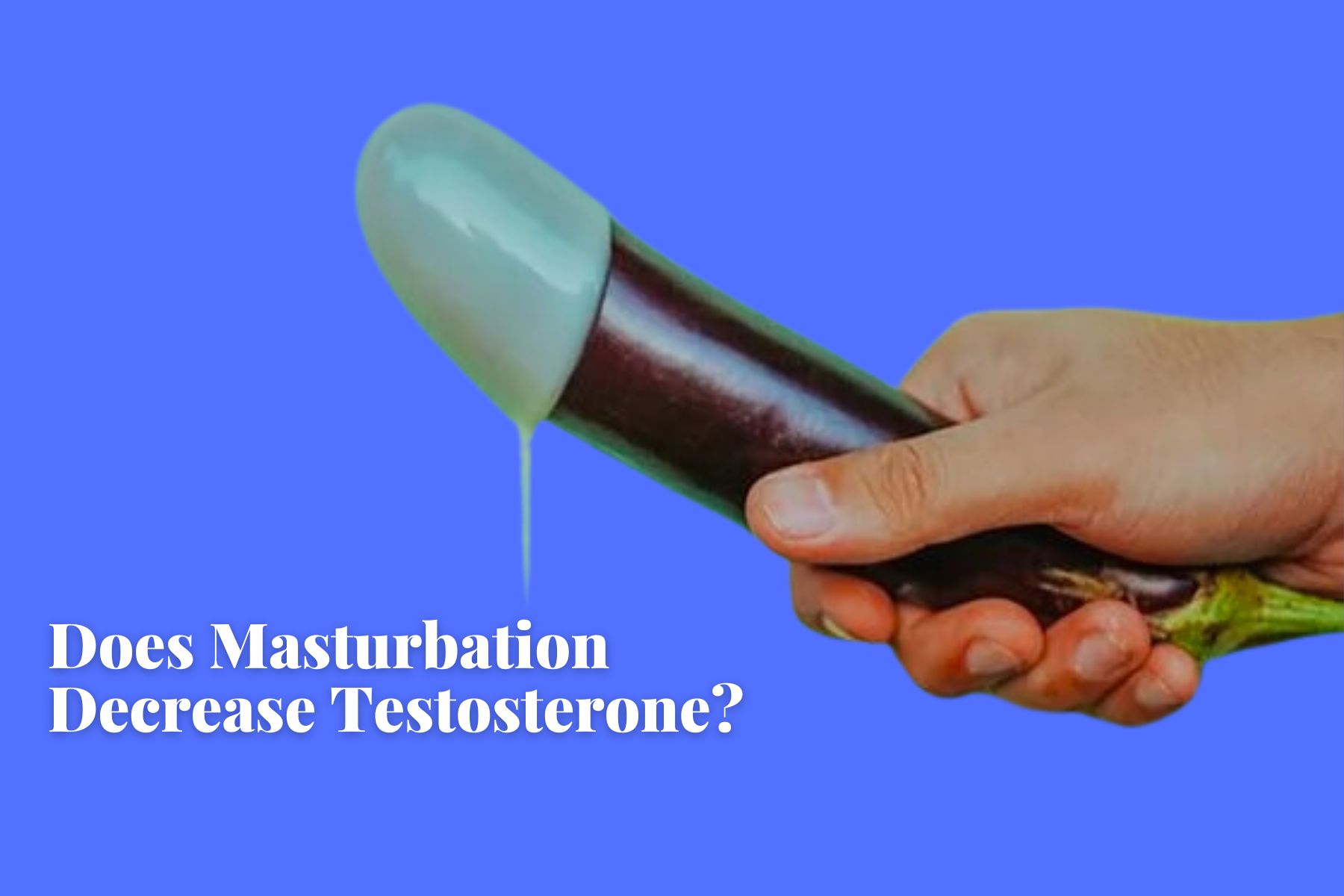CATEGORY: BOOST TESTOSTERONE
Does Masturbation Decrease Testosterone?

Numerous myths surround the topic of masturbation, ranging from hairy palms to blindness. Contrary to popular belief, decades of research have failed to establish a connection between masturbation and decreased testosterone levels. In this article, we explore the scientific findings related to the effects of masturbation on testosterone levels, sexual performance, and overall sexual health.
Importance of Testosterone:
Testosterone plays a crucial role in various bodily functions, including sperm production, sexual desire, erection maintenance, bone strength, and red blood cell production. Low testosterone, often referred to as "Low-T" or hypogonadism, can lead to health issues such as difficulty sleeping, weaker bones, changes in hair growth, loss of muscle mass, mental health issues, reduced fertility, and sexual performance issues.
Masturbation and Testosterone
Dispelling the Myth:
Contrary to popular beliefs perpetuated online or by social media influencers, masturbation does not seem to decrease the body's testosterone production. Scientific research has not established a significant link between masturbation and changes in testosterone levels.
Orgasms and Testosterone Levels:
There is no proven link between orgasms achieved through sex or masturbation and testosterone levels. The small amount of testosterone in sperm does not indicate a substantial loss of testosterone during ejaculation. The body's regulatory system, the hypothalamic-pituitary-gonadal axis, ensures that testosterone production is maintained as needed.
Mixed and Unclear Research Findings:
Scientific research on masturbation, testosterone, and men's health yields mixed and somewhat unclear findings. Many studies with a limited number of participants make it challenging to draw firm conclusions. Some studies suggest that ejaculation might increase testosterone levels, while others indicate no significant alterations in testosterone concentrations due to sexual activity.
Recent Research Findings:
Recent studies propose that masturbation could have a positive effect on testosterone production. One study published in 2021 suggests that masturbation and visual sexual stimuli may reduce the severity of natural testosterone drops throughout the day. However, these findings are based on small sample sizes and require further exploration.
Conclusion:
In conclusion, there is no reliable scientific evidence to support the idea that masturbation negatively impacts testosterone levels in men. Additionally, there is no clear link between sexual abstinence and increased testosterone levels. Studying masturbation, sexual arousal, and testosterone levels is complex, making it challenging to obtain accurate data.
Final Thoughts:
If concerns about masturbation affecting testosterone levels arise, it is essential to recognise that masturbating is a normal and healthy activity. There is no clear evidence indicating a detrimental impact on testosterone. However, if symptoms of low testosterone are observed, seeking guidance from a healthcare provider is crucial for proper assessment and medical advice.


